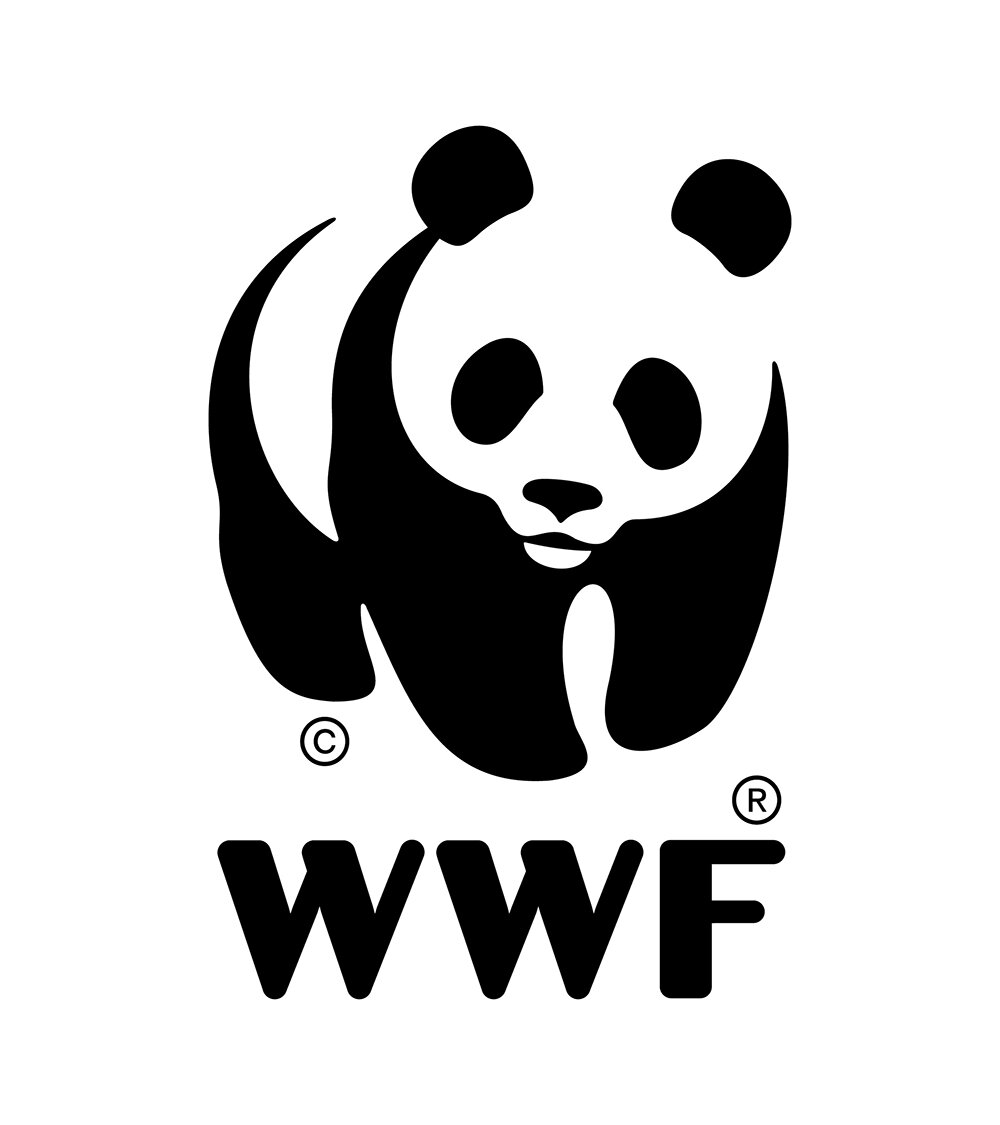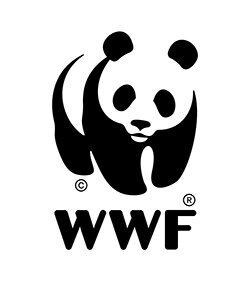Iceland's troubling decision to resume commercial whaling: A setback for global conservation efforts
© naturepl.com / Luis Quinta / WWF
WWF expresses its disappointment and concern over Iceland's recent decision to resume commercial whaling after a temporary ban introduced this year came to an end.
The ban was sparked by a government-commissioned report stating it took too long for whales to die after they were harpooned, sometimes hours, in breach of its law on animal welfare. Today, commercial whaling was allowed to continue. This move undermines international efforts to conserve whales.
"Resuming commercial whaling is a step in the wrong direction for Iceland." said Chris Johnson, Global Lead of WWF Protecting Whales and Dolphins Initiative.
“Fin whales are the second largest animal on Earth, classified as ‘vulnerable’ by the IUCN, and are found in all major oceans from tropical to polar regions.
“Growing scientific evidence shows large whales benefit ocean productivity and sequester carbon throughout their lives. In the North Atlantic, fin whales have long migratory patterns over ‘blue corridors’, so these benefits are crucial to multiple nations and the high seas. By protecting whales, we protect our oceans and ourselves.”
Only a single whaling company, Hvalur, remains operational in the country. Its permit to hunt fin whales is set to expire in December 2023. There is growing concern that this decision will put the longer-term phasing-out of whaling into question.
“There is still an opportunity for Iceland to make the right decision and cease commercial whaling at the end of 2023 aligning with the international community and the International Whaling Commission's global moratorium on commercial whaling. We have a collective responsibility to safeguard fin whales for future generations," said Johnson.
Notes to Editors
The WWF Protecting Whales and Dolphins Initiative is a global conservation programme bringing together experts, industry, policymakers and governments to co-design solutions to safeguard our ocean giants for future generations. wwfwhales.org


